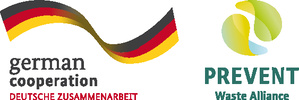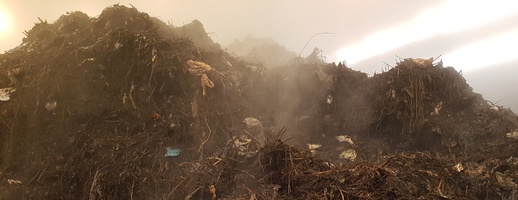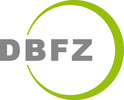Organic waste treatment in East Africa
Guideline of urban and rural organic waste in the African countries using the example of Ethiopia

DBFZ (German Biomass Research Center) contracted RETech (German RETech Partnership) to support the project "WasteGui – Guideline of urban and rural organic waste in the African countries using the example of Ethiopia", which is funded by the PREVENT Waste Alliance, from 1st of July 2021 to 30th of September 2022.
The guide is intended to provide a sound basis for informing decision-makers about a range of efficient technical solutions for dealing with organic waste, thus giving planners as well as project developers a good starting point for future project plans. The project activities include, in addition to the preparation of the guide, the establishment of a strong network of stakeholders from politics, administration, science and industry in Ethiopia and Germany to ensure a continuous exchange. The network and the guide are expected to lead to fruitful collaborations to put Ethiopia on the path to a circular economy.
Objectives
The overall goal of the project is to establish a strong network of actors from politics, administration, science and business. The guideline is intended to be a tool for the decision-makers about practical solutions for handling with organic waste, and to provide project planners and project developers a good starting point for sustainable projects.
The scope of the project includes:
- establishment of a working group with a broad range of expertise and networking with local actors and decision-makers,
- evaluation of the status quo in the handling of organic waste,
- proposal of suitable technical solutions and
- transfer of knowledge to decision-makers and target groups on the basis of a guideline to be drawn up.
Providing and processing general information on locally adapted waste management solutions based on evaluated data is the crucial first step to support Ethiopia in building a circular economy. Local decision makers will thus be enabled to select appropriate solutions for their individual needs, which can even be transferred beyond the borders of Ethiopia to other East African countries with comparable local conditions. Network and guideline should lead to fruitful cooperation to support Ethiopia and East Africa on the path to a circular economy.
Background
Landfilling in open dumps in urban areas or open burning in rural areas are common practices in East Africa in dealing with domestic and also other waste streams. Waste generation in Ethiopia consists of 50-70% organic materials, which on the one hand can cause serious environmental damage, but on the other hand is an extremely valuable resource insofar as it is salvaged, treated and further processed.
Improper handling of organic wastes can promote the production of landfill leachate, leading to groundwater and surface water contamination, affecting the well-being of humans, wildlife and nature. Additionally, uncontrolled methane and nitrogen oxide emissions from open landfills promote the greenhouse effect, exacerbating the effects of global warming. Besides, there are many other problems caused by improper handling of organic wastes, such as odor nuisance, disturbed visual perception, endangerment of residents by flue gases from open burning, etc.
Resilient waste management includes treatment facilities, collection systems, functioning management, livelihood security, and crisis-proof financing, among others. In addition to all the associated risks and challenges of dealing with organic residues, this waste fraction offers opportunities to be used as a valuable resource. With appropriate treatment and separation concepts, organic waste can be used to produce fertilizer to improve soil quality, electrical and thermal energy, and raw materials for industrial manufacturing processes.
In Germany, various technical solutions for the sustainable use of organic waste and residual materials as well as recycling and an expanded sense of responsibility on the part of manufacturers have already been successfully implemented. This knowledge and the technical approaches can be transferred worldwide and adapted to local and legal conditions. The major challenge is to address and present these solutions and opportunities to local stakeholders, decision-makers and other target groups in order to promote widespread application.
Supported by:

This project is funded by the PREVENT Waste Alliance, an initiative of the German Federal Government.

